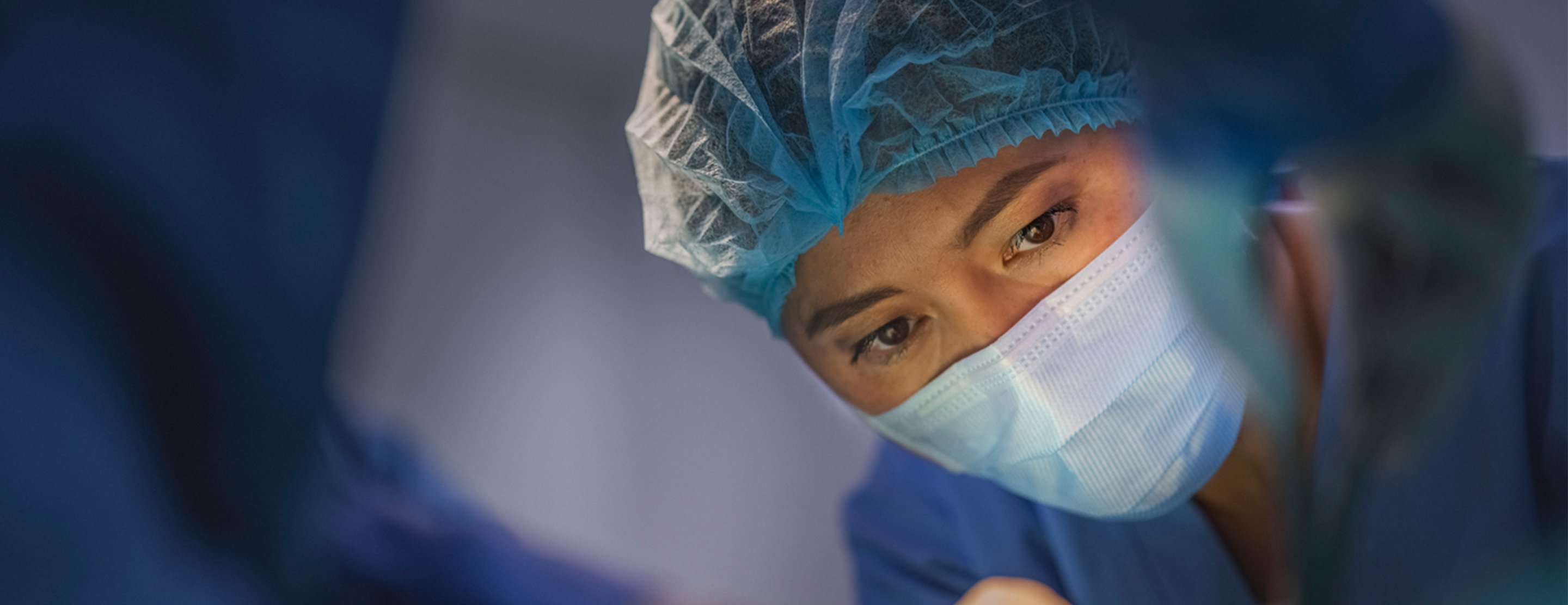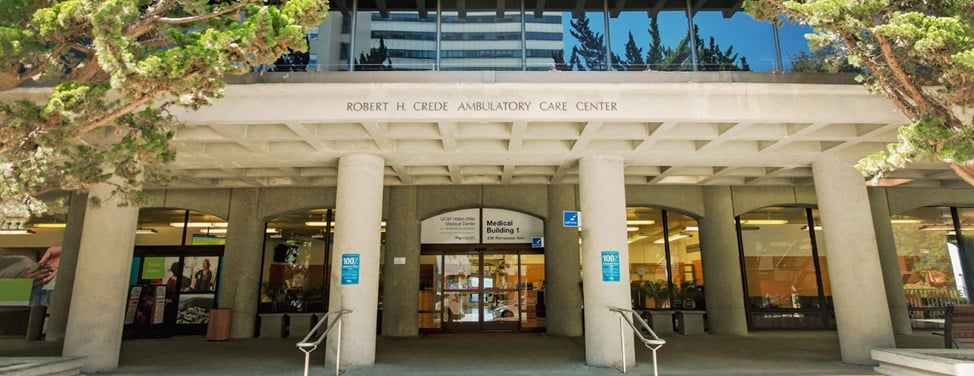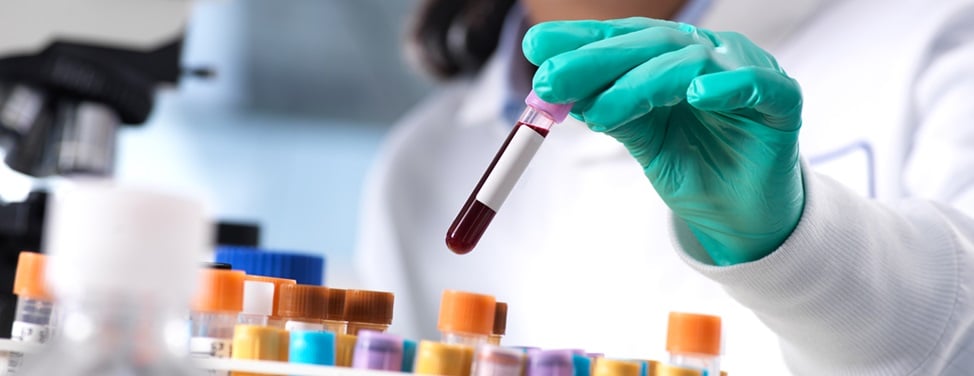
FAQ: Lung Transplant
- How do I know if I need a transplant?
- How will a transplant change my life?
- Is the evaluation very difficult?
- How long is the waiting list?
- What happens when an organ is available?
- Is the surgery very complicated?
- How long will I be hospitalized after the transplant?
- Do I have to stay near the hospital after the transplant?
- Will I have pain after the surgery?
- Can my family stay with me?
- When can I drive? When can I return to work?
- What medications will I take after the transplant?
- How long does it take to fully recover?
- Will my insurance pay for the transplant and follow up care?
- When do I get the beeper?
- Is there a support group for patients going through transplant?
How do I know if I need a transplant?
Some patients with severe lung disease may benefit from transplantation. Your cardiologist or pulmonary medicine specialist may refer you to a transplant center for an evaluation. The purpose of the evaluation is twofold: first, to determine the severity of your disease and whether there are any more conventional treatments; and second, to determine whether you would be able to survive the transplant operation and have a good long-term result afterwards.
How will a transplant change my life?
A successful transplant will dramatically improve your symptoms of lung disease. Many transplant recipients can perform the same physical activities and enjoy the same quality of life as normal people. All transplant recipients, however, are committed to daily drug treatment and close medical supervision for the rest of their lives.
Is the evaluation very difficult?
The transplant evaluation is very thorough. In addition to specific lung tests, tests are performed to determine the function of all the major organ systems, screen for infectious diseases and cancer, and try and predict how well you and your family will cope with the rigors of the transplant regimen. Many of the tests, even the complex ones, are fairly well standardized and can be performed in your local community. Some tests may require you to be admitted to hospital briefly. We require that every potential candidate make at least one outpatient visit to UCSF Medical Center to meet with the transplant physicians, coordinators and social worker. Typically, most of the evaluation can be completed within a week or two. The transplant team meets weekly to discuss patient evaluations and make decisions on appropriate treatment. Patients who are felt to be good candidates for transplantation are then put on a national waiting list.
Unfortunately the waiting times for organ transplants are long. In 1996 in the United States, the average wait for lung transplantation was over a year. Each patient on our waiting list returns for an outpatient visit to our transplant clinic every two to three months or more frequently if necessary. While many patients can wait at home, sometimes it is necessary for patients to be admitted to the hospital to maintain them in satisfactory condition until transplantation.
What happens when an organ is available?
When the transplant team decides that a potential donor is suitable for one of our recipients, we call their home phone number or page their beeper. It is not possible to predict when a suitable organ will become available and there is a limited amount of time to be able to recover the organs successfully. It is very important that we be able to locate the recipient quickly and get him or her into the hospital in a timely fashion.
Is the surgery very complicated?
This depends on your specific situation. The transplant surgeon will review the details of the surgical procedure, the risks of the procedure and the expected post-operative convalescence during the evaluation interview.
How long will I be hospitalized after the transplant?
This depends on your specific situation. Although patients can recover sufficiently after lung transplantation to be discharged within 10 days, it is more typical for patients to be hospitalized for two weeks or more.
Do I have to stay near the hospital after the transplant?
Most patients are discharged home after transplant. Although we do not have any specific requirement about staying close to the hospital during the early post-transplant period, the frequency of follow up visits and lab tests during this interval can be a problem for patients who live far away. The social worker can help you to locate guest housing in the area.
Will I have pain after the surgery?
Generally, most patients do not report a lot of pain. You will have an incision that does cause pain and discomfort when coughing. We will give you pain medication and specific instructions to lessen the pain.
Your family can accompany you until you go into the transplant surgery. While you are in the intensive care unit, family members may not stay in your room. If you require assistance with locating guest housing, a social worker will be able to help you. We have very open visiting hours and encourage family members to be present. If your visitors are ill (flu or colds), they should not visit you. This is to protect you from the infection.
When can I drive? When can I return to work?
You may drive after two to three weeks, once your incision is healed. You may return to work after two to three months from the transplant surgery
What medications will I take after the transplant?
You will be on three main immunosuppressive (anti-rejection) medications after transplant. Along with the immunosuppressive medications you will need to take several preventive medications against infection.
How long does it take to fully recover?
It generally takes three to six months to fully recover from the transplant surgery. Age and previous medical history problems may cause the recovery period to take longer.
Will my insurance pay for the transplant and follow up care?
We have a financial counselor who will verify your insurance. We will obtain authorization for your transplant and follow up care.
You will get a beeper after you are placed on the transplant waiting list. Since this is a free program through the LifePage Program, it may take several weeks for your paperwork to be processed and for a beeper to be issued to you from the local pager company.
Is there a support group for patients going through transplant?
We have a support group for patients on the waiting list and post-transplant patients. You will be notified of the support group meetings and the topic each month.
UCSF Health medical specialists have reviewed this information. It is for educational purposes only and is not intended to replace the advice of your doctor or other health care provider. We encourage you to discuss any questions or concerns you may have with your provider.







